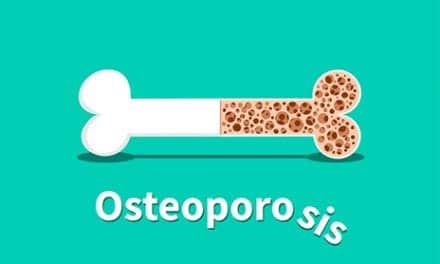A researcher from Sahlgrenska Academy calls into question the relationship between head injuries from contact sports and the development of Alzheimer’s disease later in life.
Hockey players with multiple concussions may have other injuries in their brains other than Alzheimer’s, according to a study published in Neurology.
“There seem to be two separate conditions and pathologies involved here,” says Pashtun Shahim, a doctor and researcher of neurology and physiology at Sahlgrenska Academy, in a media release from the University of Gothenburg.
The study included 28 athletes, both male and female, the majority of which were elite hockey players from Sweden.
They all had experienced long-term problems after suffering concussion on multiple occasions, with complaints including sensitivity to noise and light, irritability, depression, difficulty concentrating and memory problems.
According to the study, there is a general change in the metabolism or processing of a protein called amyloid precursor protein (APP), from which Alzheimer-related beta-amyloids are excreted in the nerve-cell connections (synapses).
This effect on the amyloid protein could indicate that there is synaptic damage, even if it is not completely understood why. The research indicates that there is an element of inflammation involved also, the release explains.
“At the same time, however, the results do not indicate that there is any plaque pathology like you would see in, for example, Alzheimer’s, which is a very important discovery,” Shahim says.
The changes mainly affected the hockey players who had been experiencing concussion-related complaints for a long time—such as more than 1 year—and were not able to return to the sport.
Neither the other players, nor the 19 healthy individuals in the control group, experienced the same results.
Shahim emphasizes in the release that the release was based on samples from living human brains and the fluid (CSF) found in the cavity of the brain—not on materials from autopsies of those who had passed away.
“These findings indicate that there is a connection between the long-term complaints suffered following a concussion and nerve cell damage. This means that we can follow up on these people in 5 or 10 years’ time and see how their problems have developed,” he states.
“There are currently no drugs on the market to combat the complaints, we merely treat them symptomatically, but the findings of the research may help us understand better the underlying pathophysiology and hopefully render in developing better therapeutics in the future.”
[Source(s): University of Gothenburg, Science Daily]





